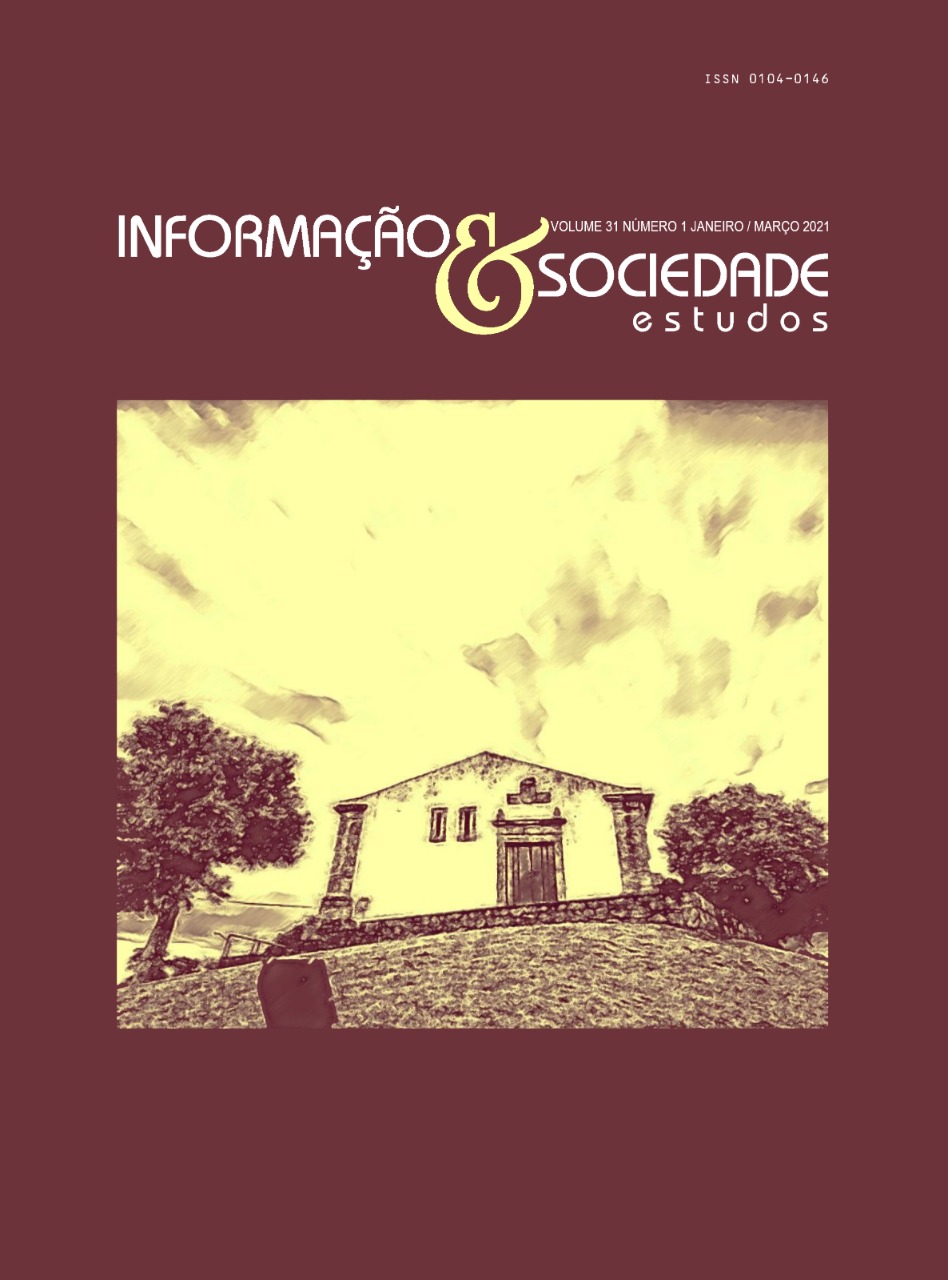METACOGNITION IN THE ACTIONS OF THE MULTIPLIER LIBRARIAN OF INFORMATION LITERACY
DOI:
https://doi.org/10.22478/ufpb.1809-4783.2021v31n1.53801Abstract
Metacognition is conceptualized as the process of reflecting on one's own thoughts, in this sense it presents itself as a basis for the development of different actions. Relating it to the process of seeking and appropriating information, metacognition can be seen as a background for information literacy. In this context, the objective of the research was to investigate the metacognitive strategies used by librarians and their impact on the development of actions for information literacy. Therefore, a descriptive field research was carried out, with a qualitative approach. The field research included data collection in the form of a focus group, in which five librarians from different types of library participated. After the completion of the focus group, the collected data were analyzed through content analysis. Among the main results, it was possible to identify that metacognitive strategies are present in the actions developed by librarians, mainly strategies such as planning and monitoring. It is possible to conclude that metacognition enables librarians to be aware and reflect on the processes of teaching and learning, which helps in the development of actions aimed at the formation of subjects in the context of information literacy.
Downloads
Metrics
Published
How to Cite
Issue
Section
License
Os originais aceitos e publicados tornam-se propriedade de INFORMAÇÃO & SOCIEDADE, sendo vedada sua reprodução total ou parcial, sem a devida autorização da Comissão Editorial, exceto para uso de estudo e pesquisa.






